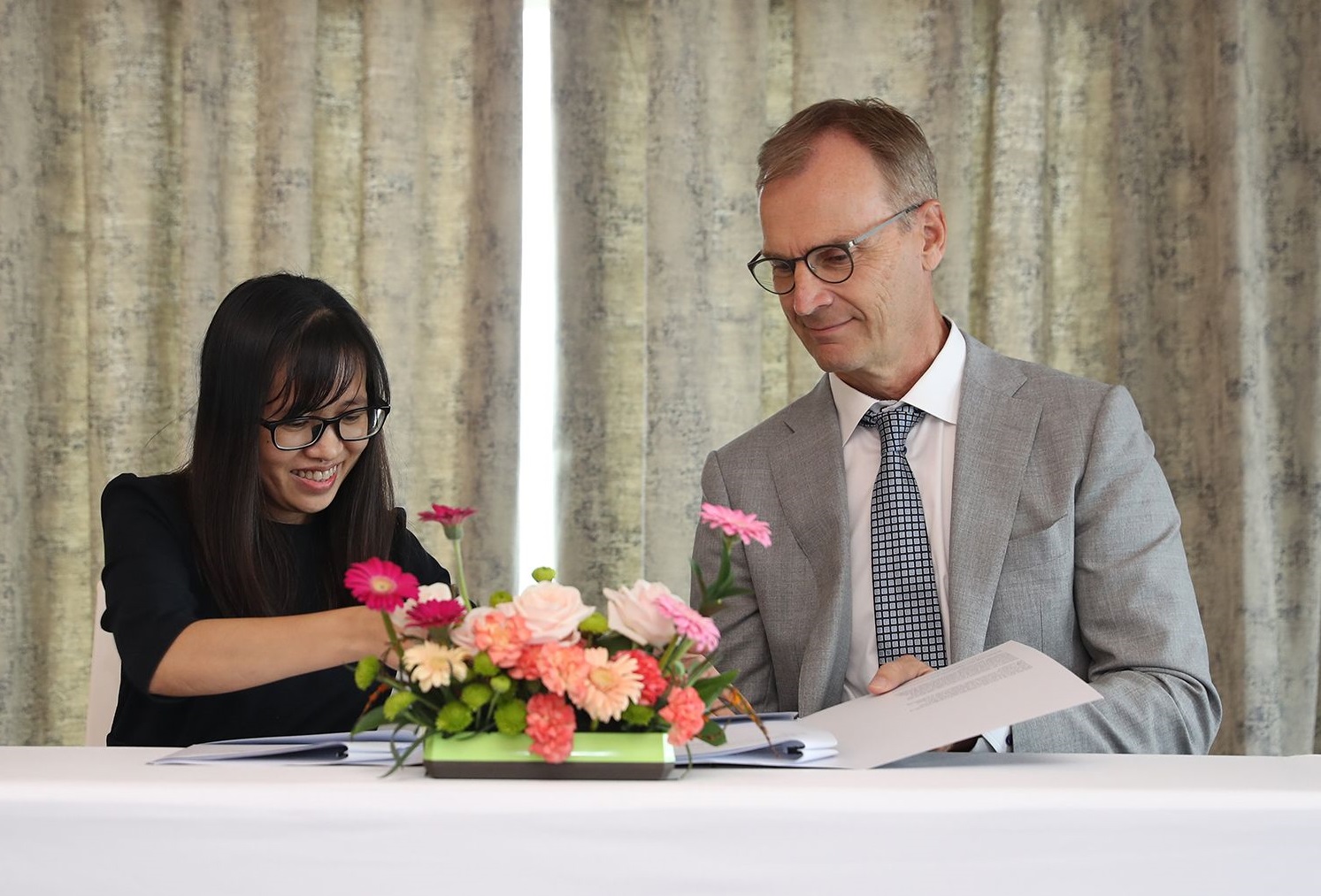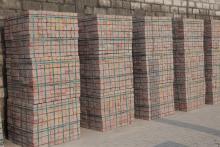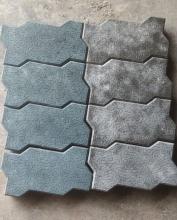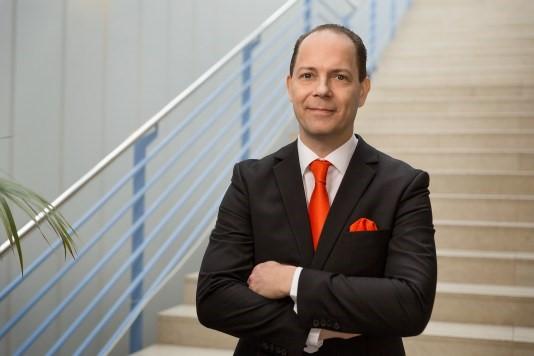
The products will use Betolar's Geoprime cement alternative solution and is the company's first agreement in the Vietnamese market.
Betolar has developed the Geoprime solution for the production of durable, sustainable and low-carbon concrete by utilising industrial side streams as an alternative for cement.
The company says Geoprime brings immediate reductions in CO2 emissions without major changes in the manufacturing process. Betolar is developing a recipe-optimising data platform that will bring together concrete manufacturers and side streams producers.
“Vietnam is the world’s third largest cement producer and fourth largest cement consumer, with 85 million tons consumed annually,” says Juha Pinomaa, head of Asia at Betolar. "We estimate that the Vietnamese market represents a significant commercial opportunity for us in the coming years, as there is a huge potential for cement replacement."
Trung Hieu serves the fast-growing Ho Chi Minh City construction market through its factory located in Dong Nai province. It manufactures construction blocks and paving stones, with a production capacity of 100 million blocks (120,000 tons per year. Based on the agreement, Trung Hieu will have the right to use the Geoprime solution in the manufacture of its concrete products.
Trung Hieu benefits from Betolar's continuous product development, expert services and data support in the manufacture of the products. It also has the right to use the Geoprime trademark in its products manufactured in accordance with the concept.
Luyen Nguyen, CEO and owner of Trung Hieu, says: “It is important for us to be able to offer low-carbon concrete as the demand for sustainable concrete products is growing rapidly. We will collaborate with Betolar to move our manufacturing fully to low-carbon concrete products during 2023."
Vietnam is taking an active approach into finding ways to reduce the greenhouse gas (GHG) emissions and the usage of agricultural soil for construction material production, while responding to the needs of rapid urbanisation and population growth. The Vietnamese government is driving a shift from traditional red bricks to cement based concrete blocks that are produced without heat, aiming to shift 40–45% of the total annual production of 26 billion construction bricks to concrete bricks by 2030.
“We can promote the local circular economy and leapfrog Vietnam’s sustainable development efforts by offering cement-free alternatives. The Vietnamese steel and energy industry generates large amounts of steel slag and fly ash as side streams, which can be used for Geoprime-based concrete,” says Betolar’s Head of Asia, Juha Pinomaa.
Trung Hieu is one of the pioneering companies in Vietnam in the field of production of concrete blocks. The geopolymer technology from Betolar enables manufacturing with up to 80% less CO2 emissions on raw materials and the ability to use local industrial side streams. In Vietnam, local material production is important due to the high cost of transportation between the cities.
Vietnam is actively looking for ways to reduce greenhouse gas emissions and the use of agricultural soil in the production of building materials, while meeting the needs of rapid urbanization and population growth.
Up until now there have been many efforts to support Vietnam finding more sustainable ways of responding to rapid urbanisation and development, including from UNDP, World Bank, the Vietnam Green Building Council as well as various Overseas Development Agencies and NGOs.
Tim Middleton, board member of the Vietnam Green Building Council, says that there is an increased pressure on natural resources due to the country's growing economy and population as well as urbanisation.
"Vietnam's long coastline and concentration of population in two low-lying delta regions makes it one of the five most vulnerable countries to sea level rise in the world," he adds.
"I am excited to see Betolar starting Geoprime production in Vietnam. We are in a great need of innovative materials for decarbonising and achieving a more sustainable built environment in Vietnam."










